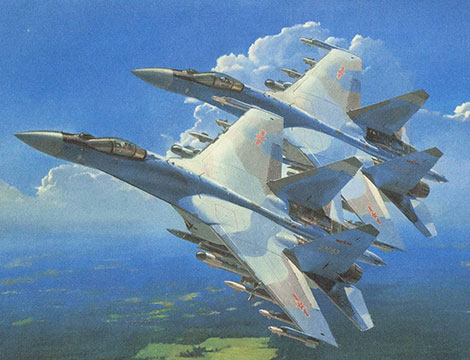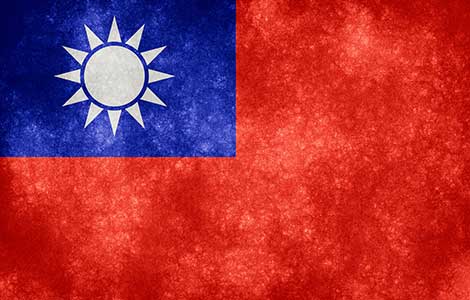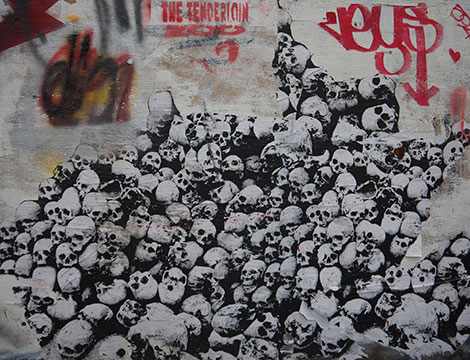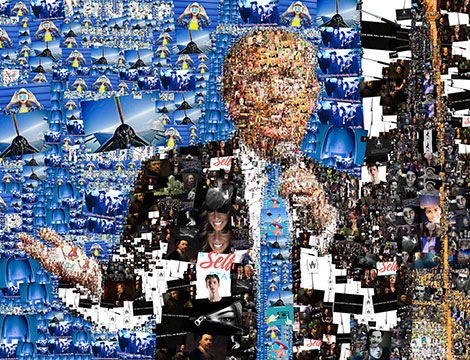
This article was originally published by the Stockholm International Peace Research Institute (SIPRI) on 5 July 2017.
Following the end of the cold war and the break-up of the Soviet Union, there were rapid decreases in Russian military budgets. Soviet military expenditure had stood at almost USD $350 billion in 1988. However, by 1992 it had fallen to USD $60 billion and in 1998 was only USD $19 billion. The more flexible parts of the budget suffered the most, such as those for procurement and operations. At the same time, the Russian arms industry saw several major clients for its weapons disappear, chief among them the former Warsaw Pact members and Iraq. By 1992, the arms industry Russia had inherited from the Soviet Union was in serious trouble. Most of its internal market and part of its export market was gone.
In parallel with this development, China was embarking on a serious military modernization. Boosted by its rapidly growing economy, it began to implement a long-planned reorganization of its armed forces and the acquisition of advanced weaponry. (This modernization had been planned since the 1970s and was given extra impetus by the poor performance of China’s armed forces against Viet Nam in 1979.) Chinese military spending has increased almost every year since 1989, the first year of Stockholm International Peace Research Institute (SIPRI) data for China, from USD $21 billion in 1988 to USD $215 billion in 2015. With this surge, China overtook Russia’s spending in 1998 and within five years had become the second largest spender globally behind the United States.




